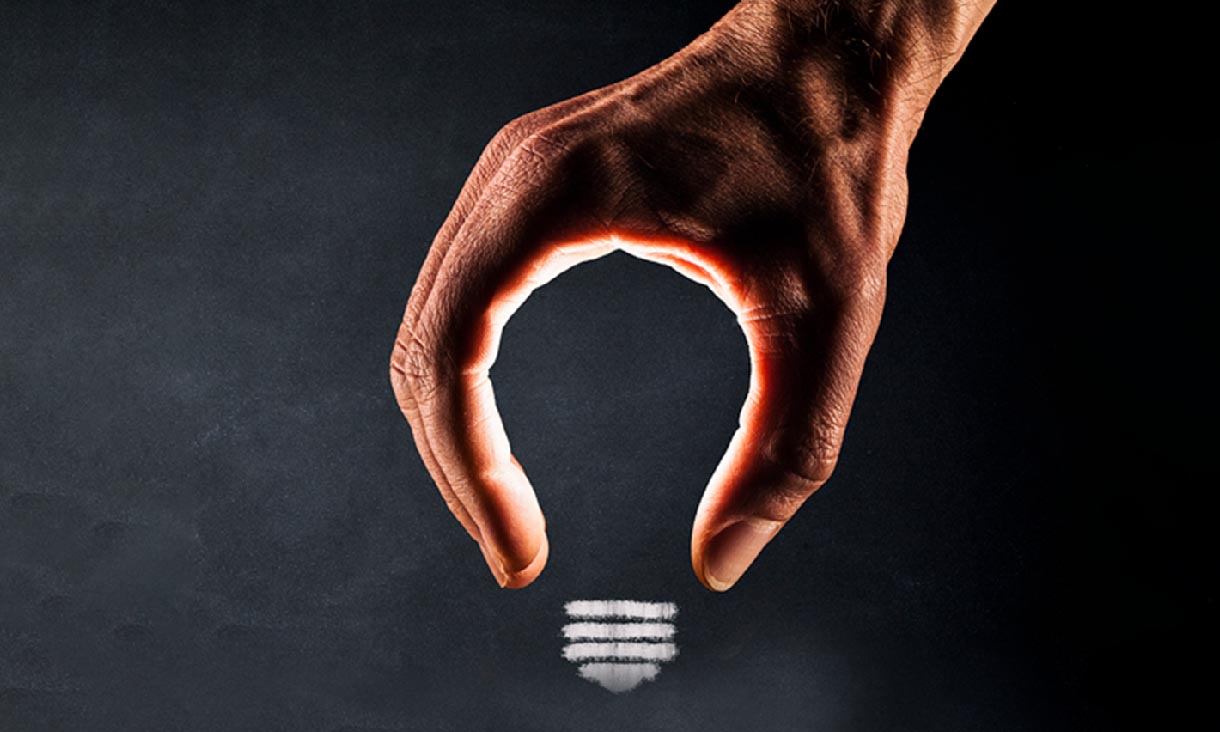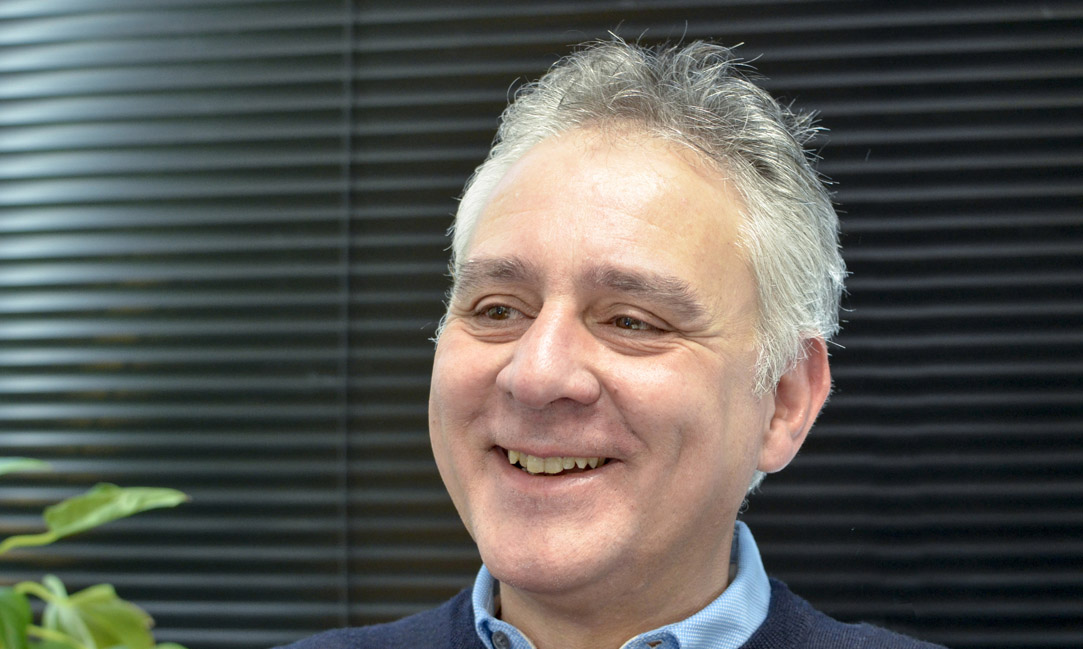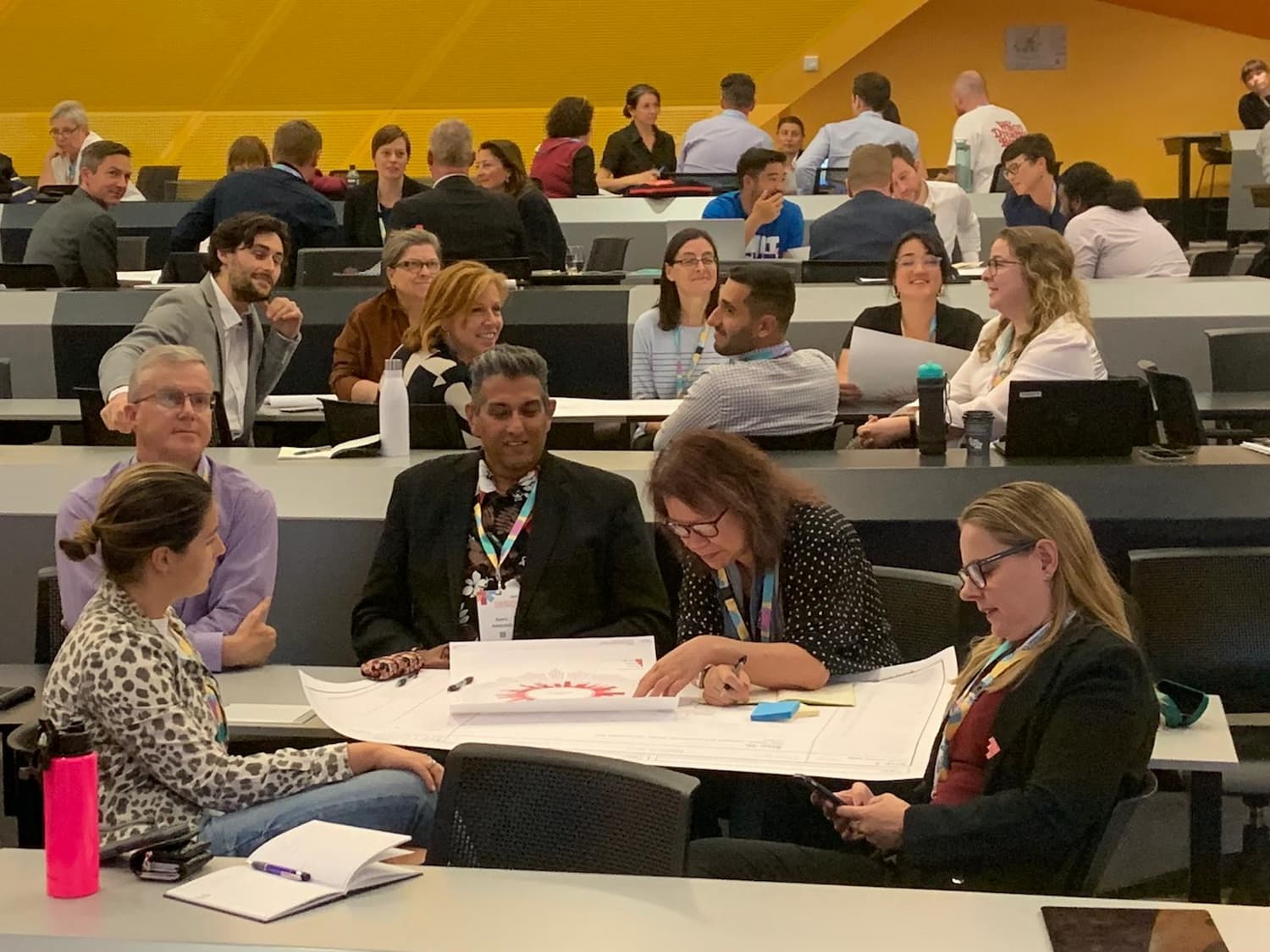With an ageing population, it is important to keep our elderly community active, healthy and engaged, ensuring that the digital economy is not only a source of growth but also one of inclusion.
The project is fundamentally about co-design and achieving impact. The Project Team worked with The University of the Third Age (U3A), (in Victoria alone, the Third Age represents over 30,000 seniors), and with seniors already embedded into the U3A network. The goal was to understand how to get more seniors to use digital devices.
During the initial phase of the project, once the relationship with the U3A was established, a project website was developed to create a visual identity. From there more people were invited into the project ecosystem, including additional academics, from both RMIT and through the U3A. Funding support was secured from various avenues, including the Global Business Innovation Enabling Impact Platform.
Co-design workshops with seniors from the U3A, as well as from different local organisations, was critical to understanding their unique needs and to identify some of the major challenges, barriers and opportunities to their adoption of digital technologies.
This project ensured all stakeholder voices were heard. One of the major outcomes of these co-designing activities was the development of the ‘Strategies to increase your digital confidence to connect safely: Reducing perceived risks and promoting digital inclusion for Older Australians’ booklet, initially shared with the contributing seniors, and then to the wider community. We have been looking at creative ways to disseminate this important information, and an example of that is having been working with the Department of Justice and the Department of Families, Fairness and Housing around increasing the use of their existing technology focusing on the safety and protection of senior Australians. This enables the developed strategies to be useful more broadly, maximising the benefit to society.
We have also looked at working with other organisations in the Health and Aged Care space, such as Bolton Clarke Research Institute, and organisations working to improve digital literacy, such as Good Things Foundation.
If this project / using co-design methodologies in project planning, development and implementation, is of interest to you, your organisation, we would love to hear from you. Please contact the project lead, Associate Professor Bernardo Figueiredo, RMIT Bernardo.figueiredo@rmit.edu.au
If you would like to know more about the Global Business Innovation Enabling Impact Platform, please contact, Director, Professor Anne-Laure Mention anne-laure.mention@rmit.edu.au






